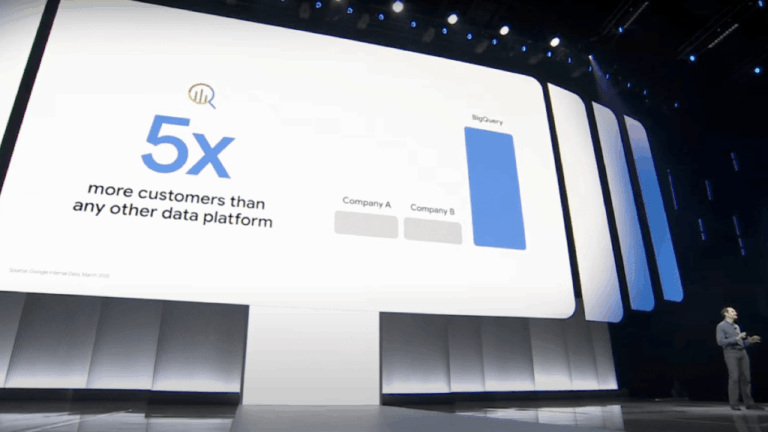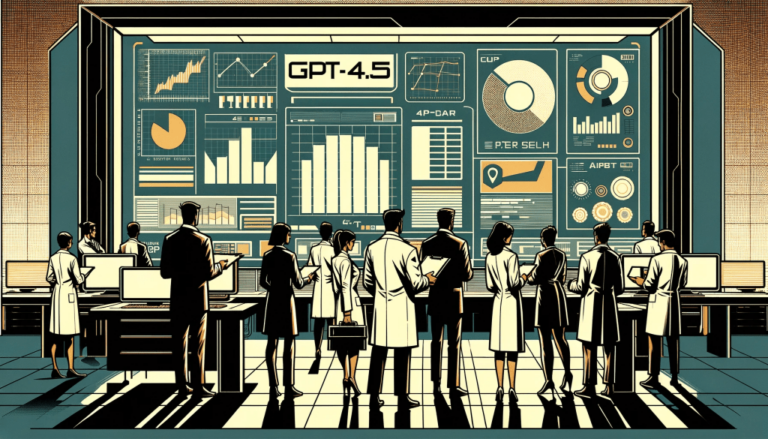RSAC 2025: The Rise of AI Agents and the Growing Demand for CISOs
At the RSAC 2025 conference, a significant theme emerged regarding the integration of AI agents in security workflows. As organizations increasingly adopt these technologies, corporate boards are demanding tangible evidence of their effectiveness.
The Rise of AI Agents in Security
This year’s RSAC highlighted the growing trend of artificial intelligence in the field of cybersecurity. The adoption of AI-driven solutions is transforming how security measures are implemented, with many organizations recognizing the benefits. However, this shift also brings challenges that need to be addressed.
Key Insights from RSAC 2025
- AI Integration: Many companies are now incorporating AI agents into their security frameworks.
- Demand for Proof: Boards are increasingly seeking evidence that these AI solutions are not only effective but also reliable.
- Challenges Ahead: Despite the advantages, the integration of AI into security workflows is not without obstacles.
Understanding Board Concerns
Corporate boards are rightfully cautious about the implementation of AI in security. Their main concerns include:
- Effectiveness: Demonstrating that AI solutions can reduce risks and enhance security.
- Accountability: Ensuring that AI systems can be held accountable in case of failures.
- Cost vs. Benefit: Evaluating whether the investment in AI technology yields sufficient returns in security improvements.
The Future of AI in Security Workflows
As organizations navigate the complexities of AI adoption in security, they must focus on:
- Establishing clear metrics for measuring AI effectiveness.
- Conducting thorough risk assessments before implementation.
- Staying updated on the latest AI advancements in cybersecurity.
For more information on the impact of AI in cybersecurity, visit Cybersecurity Insights.
In conclusion, as AI agents become increasingly prevalent in security workflows, it’s essential for organizations to address board concerns and provide proof of their effectiveness. By doing so, they can foster trust and support for these transformative technologies.







